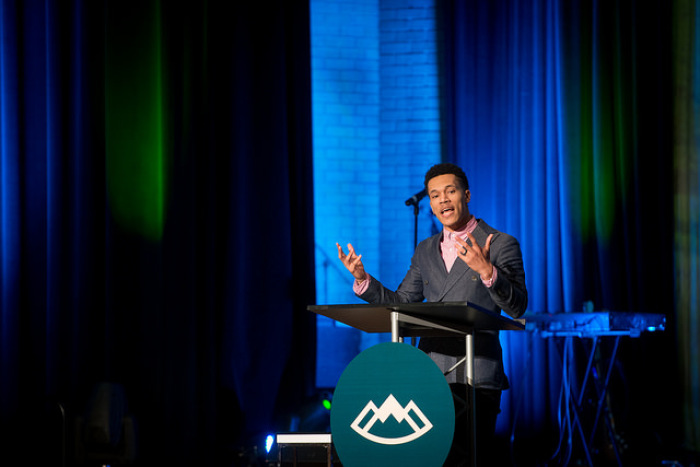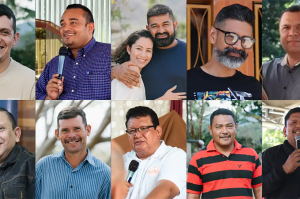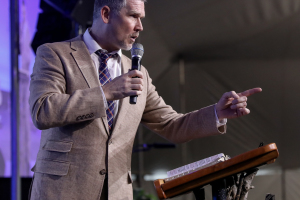Millennials Need to Stop Ignoring Racism and Doubting the Bible's Sufficiency, According to Trip Lee

Rapper and pastor Trip Lee believes music has the power to unite people from different cultures and races within the church, but adds that Christian unity must be biblical and reflect the kingdom of God because it's about more than bringing different races under one roof for two hours on a Sunday morning.
"Music has a way of uniting people, [but] our end goal is not just getting black and white in the same building; Jay Z can do that," Lee quipped, adding that the type of unity the church should be striving for "can only be achieved through the Lord Jesus Christ."
Speaking at the Ethics & Religious Liberty Commission's Leadership Summit in Nashville, Tennessee, on Friday as part of a segment titled "Rise: Calling the Next Generation to Racial Reconciliation, Lee, who serves as a pastoral assistant at Capitol Hill Baptist Church in Washington D.C. where he uses the name Trip Barefield, focused his talk on the millennial generation and how music brings different ethnicities together.
Lee emphasized, however, that the type of unity pop culture icons bring is simply not enough for the church, which must go deeper. He went on to suggest that the secular form of unity usually revolves around an artist or sports figure, and once the game or concert ends that diversity ceases right along with it.
He further noted that a majority of concerts that attract people from diverse ethnic backgrounds merely reflect a shallow form of unity, and said that millennials should strive for more to strengthen relationships that cross racial boundaries.
Lee went on to explain that there are three issues holding the church back from achieving true unity and diversity, specifically among Christian millennials, and these include: the belief that racism is not a problem for the millennial generation, using social media as the main form of communication, and not believing that the Bible is sufficient.
He then laid out principals for bringing true racial reconciliation into the church. The first of these being preaching the Gospel of reconciliation, which Lee says unites all believers.
"[People say] we need action, as if preaching the Gospel is not action. God created diverse people and Jesus died to reconcile diverse people to himself," Lee asserted.
He also discussed fighting for Gospel love in which he emphasized Christians' duty to bear one another's burdens. Lee acknowledged the fact that not all people have to deal with issues based on their race, but that those that don't should strive to understand the experience of those that do encounter racism in various forms. This type of bond could only be achieved through a deep relationship.
"How could I bear my brother's burdens if I don't know what they are," he said. "You cannot love others if you do not understand their experience."
Lee also warned those gathered at the summit not to assume that it's easy to be diverse. He then left the audience of pastors and leaders with several tips for putting this into practice.
He warned them not to treat races differently, not to assume stereotypes, not to flock to people who look like them, intentionally getting to understand people, persevering through difficulties, asking yourself if you have any assumptions about different races, and meditating on Scripture and praying for racial reconciliation.
"We want blacks and whites in the same family," Lee said.




























